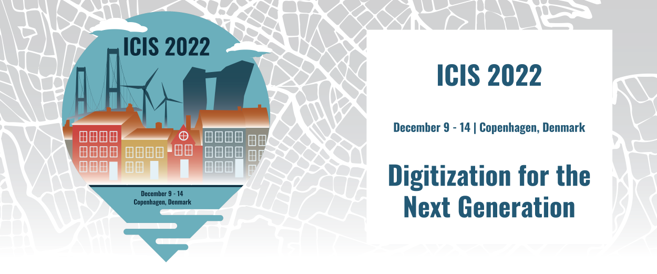Paper Number
1395
Paper Type
Short
Description
Given an emerging interest in the role of technology in social (in)justice and forced migration, we present preliminary findings from our three-phase study with Syrian refugees, whose aim has been to unpack the role played by social media in migrants’ journeys from their country of departure to their country of destination. Drawing on a range of complementary datasets, we discover that social media play different roles at different stages of refugees’ journeys (pre-departure, while on the move, and post-arrival), ultimately giving rise to a unique configuration which we term a “hybrid community”. These communities are hybrid because their members interact online in Stages 1 and 2, and then both online and face-to-face in Stage 3. With Phase 3 of our study, we hope to explore what these hybrid communities look like, by conducting reflective interviews with refugees who are settled and may be able to offer new insights that could complement our existing dataset.
Recommended Citation
Chamakiotis, Petros; Aljabr, Njod; and Masiero, Silvia, "Social Media and Forced Migration: The Emergence of a Hybrid Community" (2022). ICIS 2022 Proceedings. 2.
https://aisel.aisnet.org/icis2022/social/social/2
Social Media and Forced Migration: The Emergence of a Hybrid Community
Given an emerging interest in the role of technology in social (in)justice and forced migration, we present preliminary findings from our three-phase study with Syrian refugees, whose aim has been to unpack the role played by social media in migrants’ journeys from their country of departure to their country of destination. Drawing on a range of complementary datasets, we discover that social media play different roles at different stages of refugees’ journeys (pre-departure, while on the move, and post-arrival), ultimately giving rise to a unique configuration which we term a “hybrid community”. These communities are hybrid because their members interact online in Stages 1 and 2, and then both online and face-to-face in Stage 3. With Phase 3 of our study, we hope to explore what these hybrid communities look like, by conducting reflective interviews with refugees who are settled and may be able to offer new insights that could complement our existing dataset.
When commenting on articles, please be friendly, welcoming, respectful and abide by the AIS eLibrary Discussion Thread Code of Conduct posted here.



Comments
15-SocialMedia